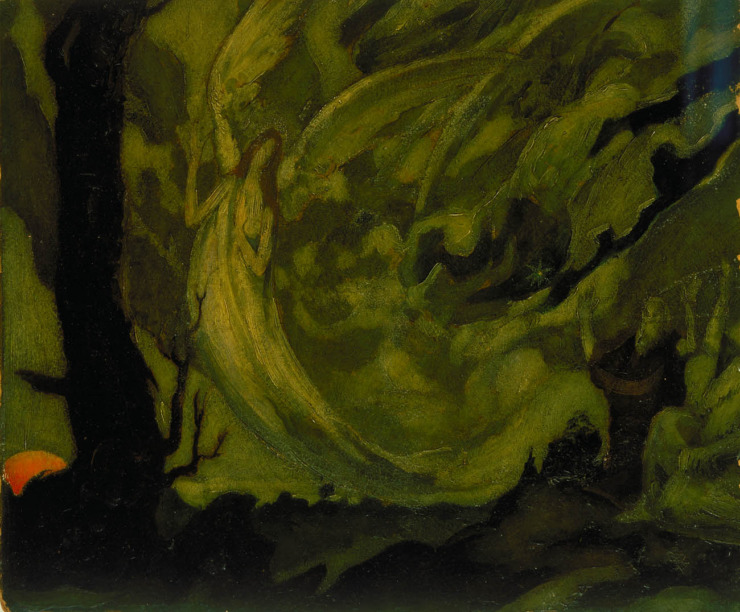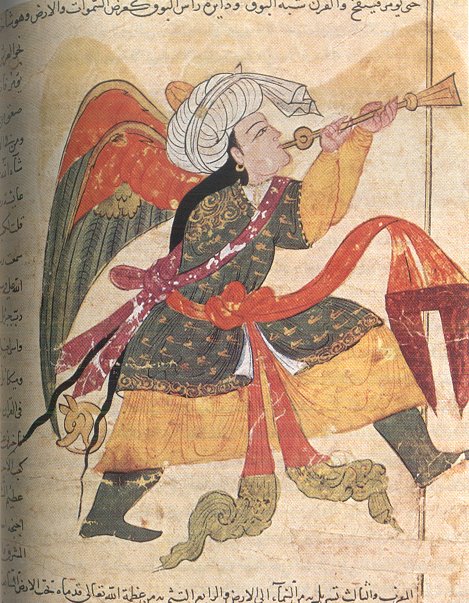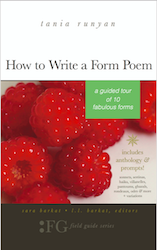< Return to Edgar Allan Poe Poems
Israfel
In Heaven a spirit doth dwell
“Whose heart-strings are a lute;”
None sing so wildly well
As the angel Israfel,
And the giddy Stars (so legends tell),
Ceasing their hymns, attend the spell
Of his voice, all mute.
Tottering above
In her highest noon,
The enamoured Moon
Blushes with love,
While, to listen, the red levin
(With the rapid Pleiads, even,
Which were seven),
Pauses in Heaven.
And they say (the starry choir
And the other listening things)
That Israfeli’s fire
Is owing to that lyre
By which he sits and sings—
The trembling living wire
Of those unusual strings.
But the skies that angel trod,
Where deep thoughts are a duty—
Where Love’s a grow-up God—
Where the Houri glances are
Imbued with all the beauty
Which we worship in a star.
Therefore, thou art not wrong,
Israfeli, who despisest
An unimpassioned song;
To thee the laurels belong,
Best bard, because the wisest!
Merrily live and long!
The ecstasies above
With thy burning measures suit—
Thy grief, thy joy, thy hate, thy love,
With the fervor of thy lute—
Well may the stars be mute!
Yes, Heaven is thine; but this
Is a world of sweets and sours;
Our flowers are merely—flowers,
And the shadow of thy perfect bliss
Is the sunshine of ours.
If I could dwell
Where Israfel
Hath dwelt, and he where I,
He might not sing so wildly well
A mortal melody,
While a bolder note than this might swell
From my lyre within the sky.
—Edgar Allan Poe
Enjoy Artistic Representations of “Israfel” by Edgar Allan Poe

The Angel Israfel (on whom the poem is based) by Claude Buck, 1919.

Islamic drawing of an angel blowing a horn, probably Israfel, ca. 750–1258 (Abbasid Caliphate).
Listen to Readings of “Israfel”
Listen to Musical Interpretations of “Israfel” by Edgar Allan Poe
That’s it for readings of Israfel by Edgar Allan Poe!
About Edgar Allan Poe
Edgar Allan Poe (1809-1849) published his first collection of poems, Tamarlane, and Other Poems, in 1827, when he was 18 years old. A tendency to run up debts (including for gambling) kept him in constant state of reinvention – college student, poet, short story writer, soldier/officer school, literary journal editor and critic.
The Poe who arises from Symons’ hand (his biographer in The Telltale Heart: The Life and Works of Edgar Allan Poe) is a man who first and foremost was determined to put Southern letters on the map, aiming to wrest control from the literary establishment in New York and New England (Poe aimed some rather pointed arrows at writers like Henry Wadsworth Longfellow). For his own writing, he wanted to be considered a poet. The poems were the important works; the stories were almost after-thoughts, almost dashed off primarily to raise funds. And he always needed money.
His personal life seemed to have stayed a general mess, but he had an enormous impact on both American and world literature. Consider the stories and poems that have been filmed, published, re-published, anthologized, celebrated and widely admired for more than 150 years: “Murders in the Rue Morgue,” “Fall of the House of Usher,” The Raven, “The Tell-Tale Heart,” Annabel Lee, “The Bells,” “Ulalame,” “To Helen.”
We associate Edgar Allan Poe with 19th century gothic. His stories are full of mystery, passion, horror, violence, death, and the supernatural. And yet his poems, especially “The Raven” and “Annabel Lee,” made him famous in pre-Civil War America and established his literary reputation.
Questions and mystery surrounded Poe’s own life and death, and continue even today – we may never know who left three roses and a bottle of cognac on his grave in Baltimore for decades until 2011 (alas, the “Poe Toaster” disappeared or died, to be seen nevermore).
You can read more about Poe’s biography in the articles Poets and Poems: Meeting Edgar Allan Poe and Forgotten Classics, The Telltale Heart by Julian Symons by Glynn Young, from which this biography was compiled.
I hope you enjoyed Israfel by Edgar Allan Poe!
BUY ‘HOW TO WRITE A FORM POEM’ NOW!
